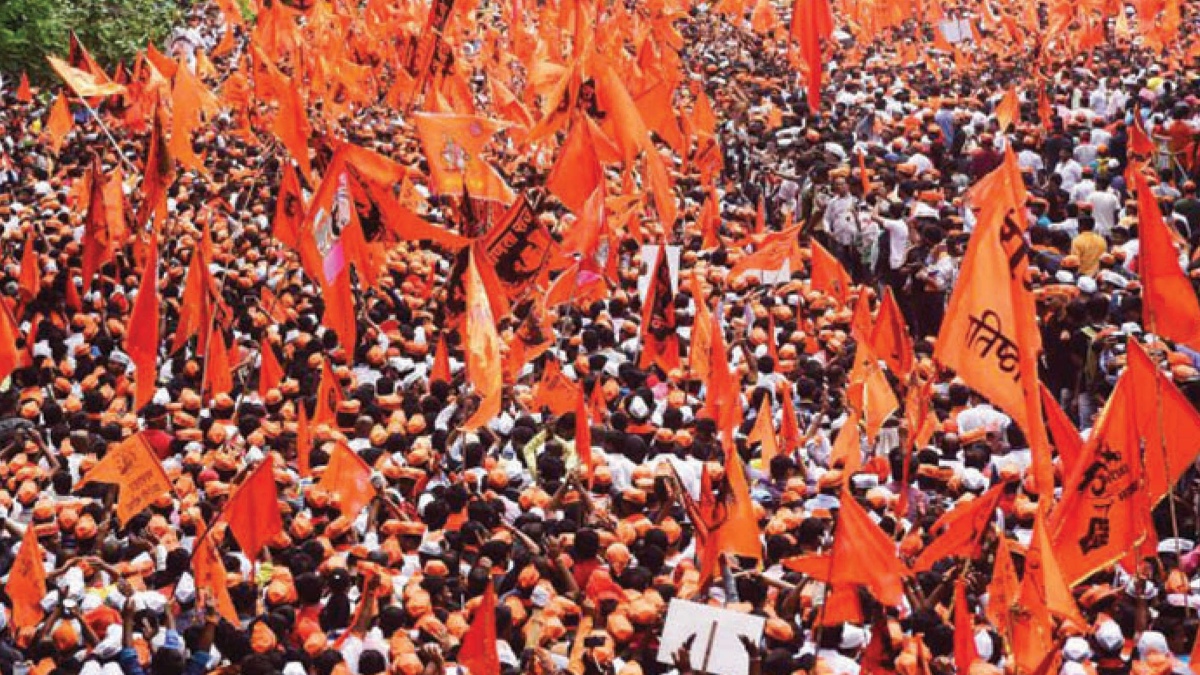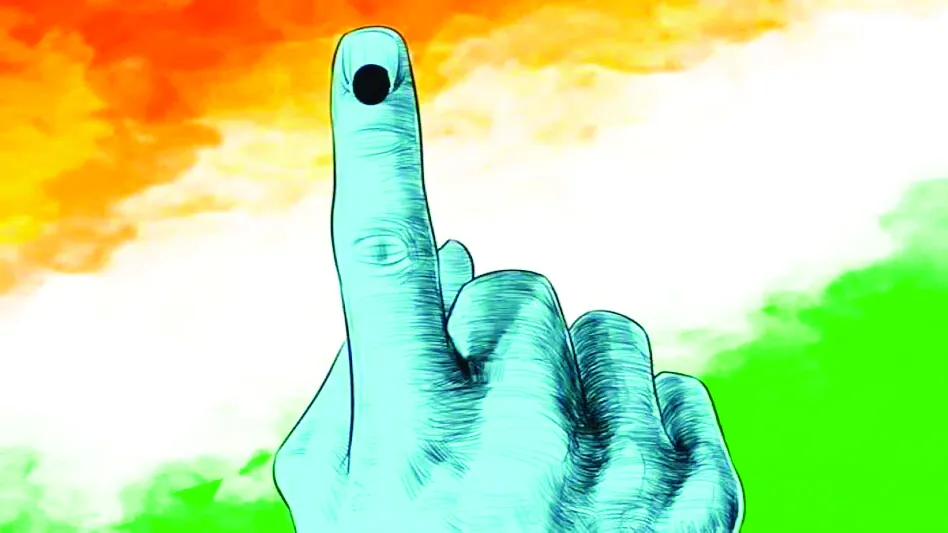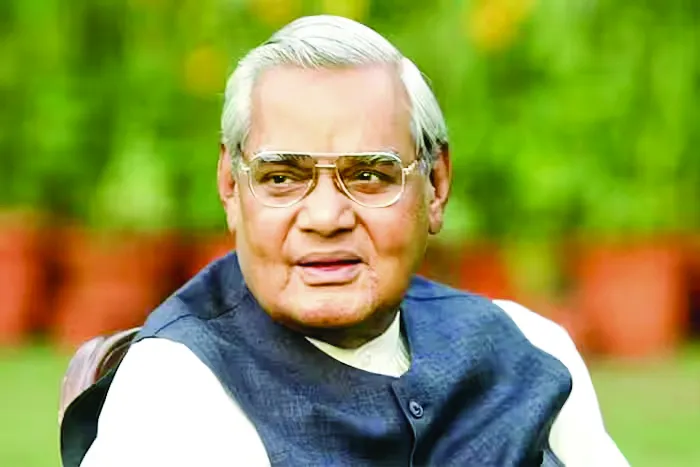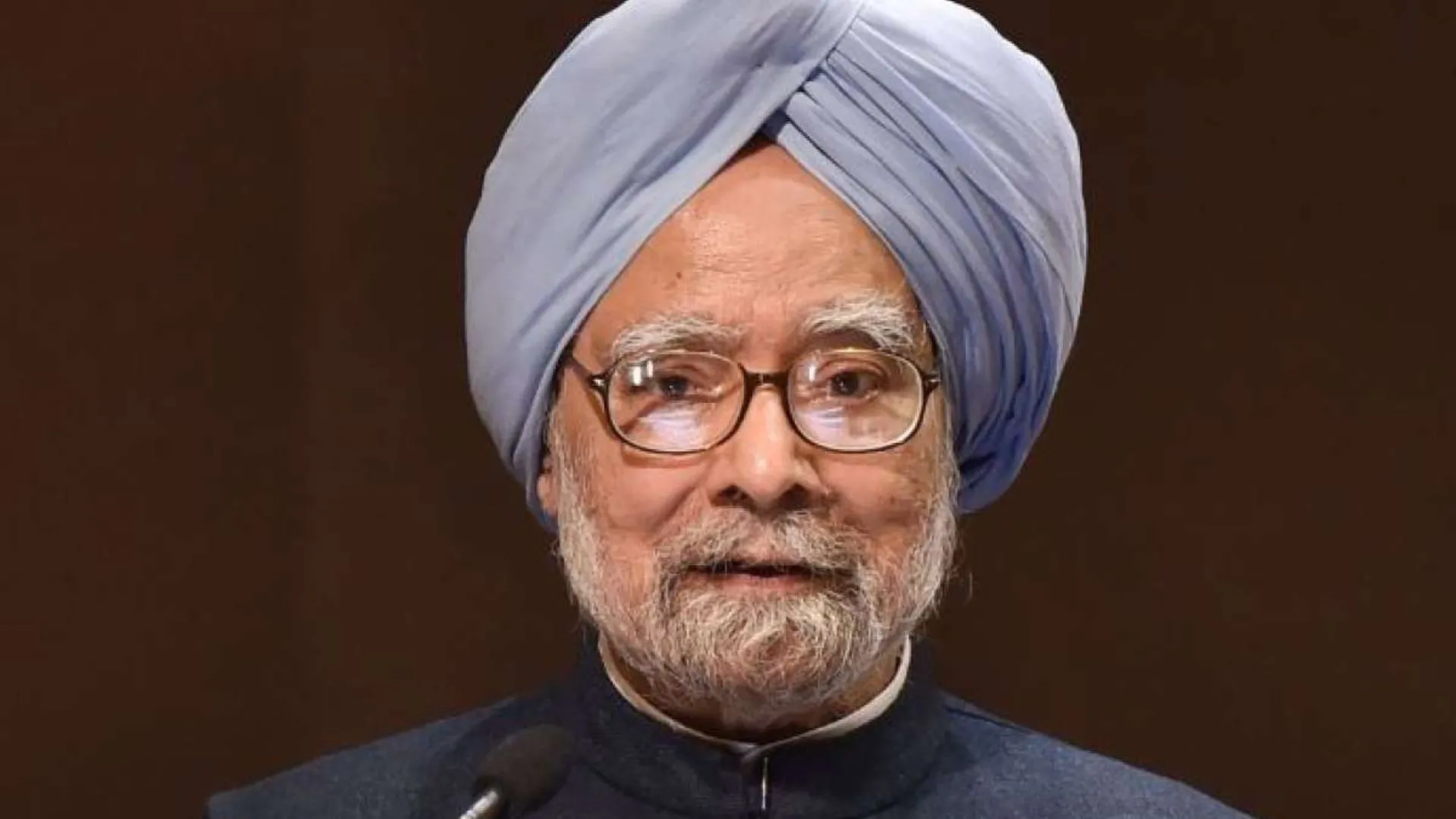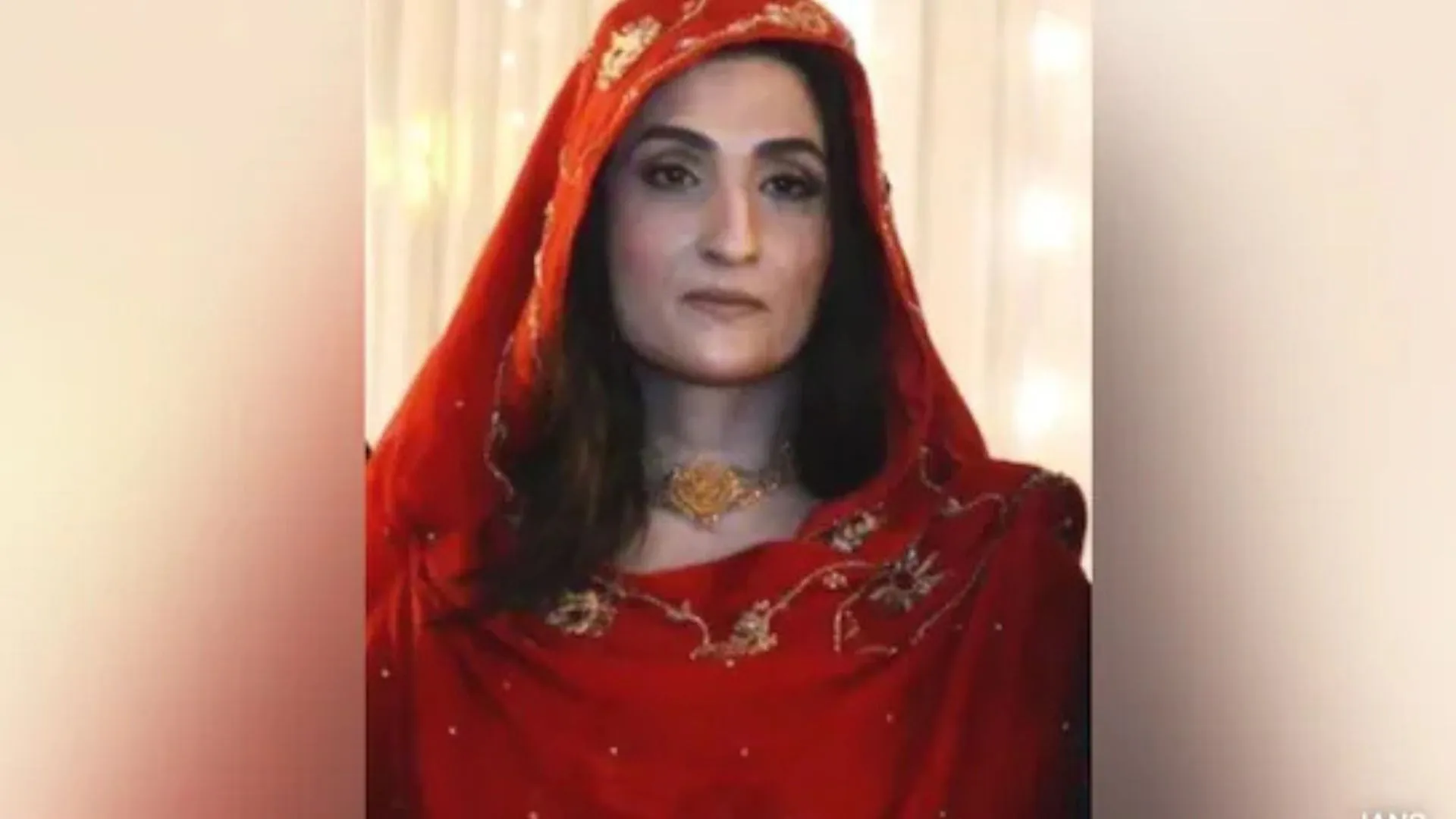Salman Khurshid’s comparison of Hindutva to terrorist organisations such as ISIS and Boko Haram and Rahul Gandhi’s explicit support to the same by trying to attempt a distinction between Hindutva and Hinduism demonstrate the pathological hatred the Congress has developed for anything Hindu. These prove that the Congress has scant regards for the culture and tradition of this country and that it can go to any extent to achieve communal polarisation in its quest for political relevance.
In his book Sunrise Over Ayodhya: Nationhood in Our Times, Khurshid says, “Sanatan dharma and classical Hinduism known to sages and saints were being pushed aside by a robust version of Hindutva, by all standards a political version similar to the jihadist Islam of groups like ISIS and Boko Haram of recent years.” While the book may have many good ideas to understand India, such a comparison shows the bias of the author and flawed understanding of how India is working.
ISIS and Boko Haram are known terrorist organisations that seek to use terror to establish the imagined pristine Islamic State where people would be governed strictly by the Sharia and rational mind would not be allowed to exist. They seek justification for their actions in the Quran. Comparing ideology and actions of such organisations with Hindutva is nothing but blasphemous and intends to hurt the majority Hindu sentiments. There is an inherent theory that if you criticise Hindutva, this would appease Muslims.
One would have imagined that the Congress would come out openly and distance itself from such formulations by Khurshid. Senior Congress leader Ghulam Nabi Azad did try to salvage the situation by asserting that Khurshid’s comparison was “factually wrong and an exaggeration.” “We may not agree with Hindutva as a political ideology distinct from the composite culture of Hinduism, but comparing Hindutva with ISIS and Jihadist Islam is factually wrong and an exaggeration,” he said.
Rahul Gandhi failed to take the cue from Azad as he has an antipathy to any saner suggestions from the old guards. The anger was evident when he tried to define the Congress position on the issue during a digital address to Congress workers on Friday. He described Hindutva as an ideology that was divisive and hateful. If Hinduism and Hindutva denoted the same, why there were two words to define the same, he asked.
To those who would adhere to the definition given by the Supreme Court of India in 1995, there is hardly any difference between Hindu, Hinduism, and Hindutva and all three describe the same which is the way of life that evolved in India over many centuries. While Hindu is membership of the Sanatan tradition for people born in this land, Hinduism is the traits or qualities that define being a Hindu such as use of reason, truthfulness, spiritual awakening, tolerance etc that make one a better human being. Hindutva in that sense would be attaining those ideals- the highest form of spiritual awakening where one becomes akin to God. It is the same as Buddh, Buddhism, and Bodhitva.
If one has to understand Hindutva one would have to flip through the definitions attempted by some of our great souls even as no one definition would be able to assimilate a comprehensive picture. It is an ocean where the depth has been acquired through dredging over more than 5000 years. There is no theoretical framework that would fit into one definition since it is not based on one book. The evolution continues through the syncretic tradition and expands with the expansion of cranial capacity and new knowledge.
Shankaracharya described the world as an illusion. The ultimate reality is Brahman or pure consciousness, the consciousness of the pure self that is devoid of all attributes and all categories of the intellect. But this realisation can come only when ego or avidya that arises from ignorance vanishes. When people reach that state there is only spiritual awakening and search for the self and such a state is devoid of any conflict.
Swami Vivekanand described Hinduism as a way of life. It is our cultural, national and dharmic identity. He delved into the Vedas and the Upanishads and taught the world the strength of the Hindu belief system. He allied Hinduism to various aspects of national life such as character building, education, faith etc. He wanted to inspire Indians to take pride in their cultural and religious heritage.
If one tries to define the qualities then one may find a Hindu to be characterised by belief in Satyame Vijayate (truth alone triumphs) and Ahims Parmo Dharma (non-violence is a topmost duty) both of which were perfected by Mahatma Gandhi. It expresses environmental consciousness when it tries to depict life even in plants and revers them for giving life and protection. It talks of the delicate balance between humans and the environment about which the entire world is talking now in terms of the human bond and love for others by talking of vasudhaiva kutumbakam. It embraces all qualities which Prime Minister Narendra Modi tried to assimilate in My idea of India in his historic speech at the BJP’s national council in January 2014 when he had yet not become the Prime Minister.
Critics often say that the BJP-RSS is trying to give political colour to an expression of masculine Hindu identity and often term this as Hindutva. They often say that it is Savarkar’s Hindutva which is followed by the BJP. But what is Savarkar’s Hindutva. Savarkar’s Hindutva is for all those who consider India to be a land of their ancestors and believes in the strength of the culture of their land. He wanted that everyone who is born in the country should take pride in their culture and ethnic identity. People often have problems if this is extended to the political realm. But they forget that Mahatma Gandhi who spoke of morality in politics wanted that politics should not be delinked from religion. Politics devoid of religion becomes immoral for him.
Savarkar’s Hindutva was an expression of qualities that define Hinduness or being a Hindu. If being a Hindu is liberal, tolerant, accommodative and imbibed with a global vision where there is respect for every human being who will argue that such spirit of religion should not pervade politics. In fact, these qualities should pervade all walks of life.
One, therefore, wonders why such an attack is launched against the refined final qualities enshrined in Hindutva! Why there is an attempt to paint Hindutva in a negative light? One need not go far to seek the reasons. Christianity has witnessed crusades and the fight against Muslims. Islam has witnessed radicalisation and terrorism that is seeking to destroy humanity. Why has radicalisation left Hindus untouched? How come such a huge population of the world be not radicalised?
The entire establishment of the United Progressive Alliance (UPA) controlled by Sonia Gandhi tried to create the narrative of Hindu terror to counterbalance criticisms of Islamic terrorism. In a candid talk with Timothy Roemer, the US Ambassador to India, in 2009, Rahul Gandhi said that he believed extremist groups among Hindus were a bigger threat than Islamic terrorism.
This was his justification for creating the Hindu terror narrative after Samjhauta train blasts in 2007 when two Pakistani nationals, allegedly behind the plot, were allowed to go scot-free and certain Hindu organisations were framed. The plot has now fallen flat. The difference Rahul Gandhi does not understand or ignores is the open declaration of ideology as the backbone for carrying out Islamic terrorism and the absence of the same in any such act in which some Hindus may be involved.
A crime must be separated from terrorism. While crime such as murder can be handled by agencies of law and order, a crime backed by an ideology of religion that creates suicide bombers for defending and spreading Islam need a different treatment. A cow vigilante group that commits lynching of Muslims comes essentially within the realm of law and order. PM Modi has unequivocally condemned any such act and termed them as “criminals by the night”.
RSS chief Mohan Bhagwat recently tried to clear cobwebs to counter those who try to paint the organisation in a negative light because of their vested political interest. While addressing a meeting of Muslim Rashtriya Manch in July, he stated that those involved in lynchings were against Hindutva. Any person who says Muslims should not live in India is not a Hindu, he stressed. He further added that “nationalism and glory of ancestors” should form the basis of Hindu-Muslim unity.
This clearly means that any form of violence has no justification from any organisation that claims to represent Hindutva as the ideology for cultural-national identity. Which Hindutva the Congress and its supporters are talking about? For them, temples are places where boys eve-tease girls (Rahul Gandhi said this). Rahul Gandhi unashamedly displays wearing janeu (the sacred thread) to demonstrate that he is a Hindu. He often indulges in seasonal temple hopping for political expediency.
Rahul Gandhi can never understand Hindutva. For this, he has to come out of his ego, contemplate spiritual awakening and stress on truth irrespective of the results. It does not matter if you are a Hindu or a Muslim or a Christian. Late APJ Abdul Kalam, who became the President of India, is one of the most respected figures in the country. Nobody talks about his Muslim identity because he was a committed nationalist who worked for the regeneration of national life.
Hindutva assimilates all irrespective of their faiths. Due to their cultural and civilisational legacy, people of this country have been gifted with the uncanny ability to separate the wheat from the chaff, truth from falsehood, chicanery from honesty and sincerity from cunningness. Use political existence to serve mankind and you will not need to attack Hindutva to hide your failures.
The writer is the author of ‘Narendra Modi: the GameChanger’. A former journalist, he is a member of BJP’s media relations department and represents the party as spokesperson while participating in television debates. The views expressed are personal.

